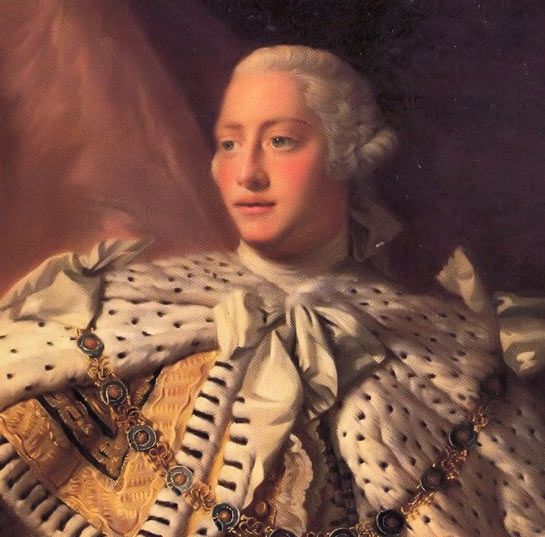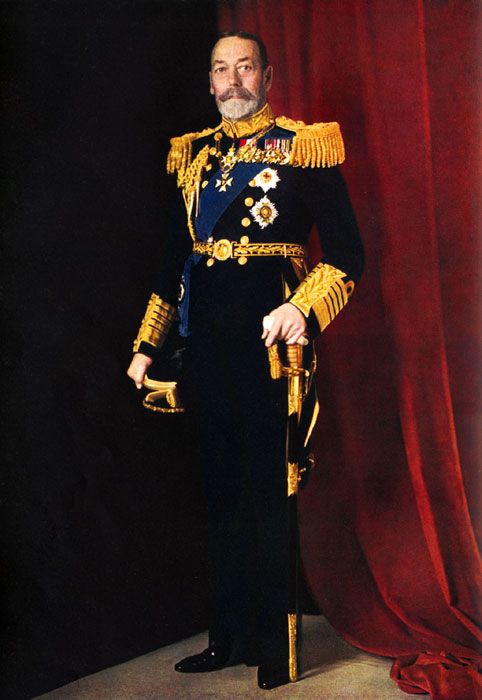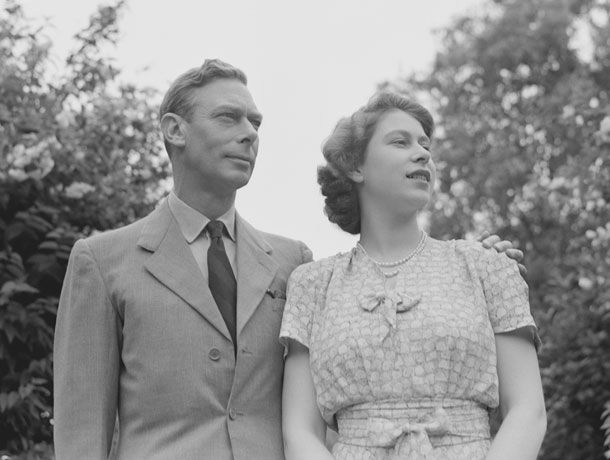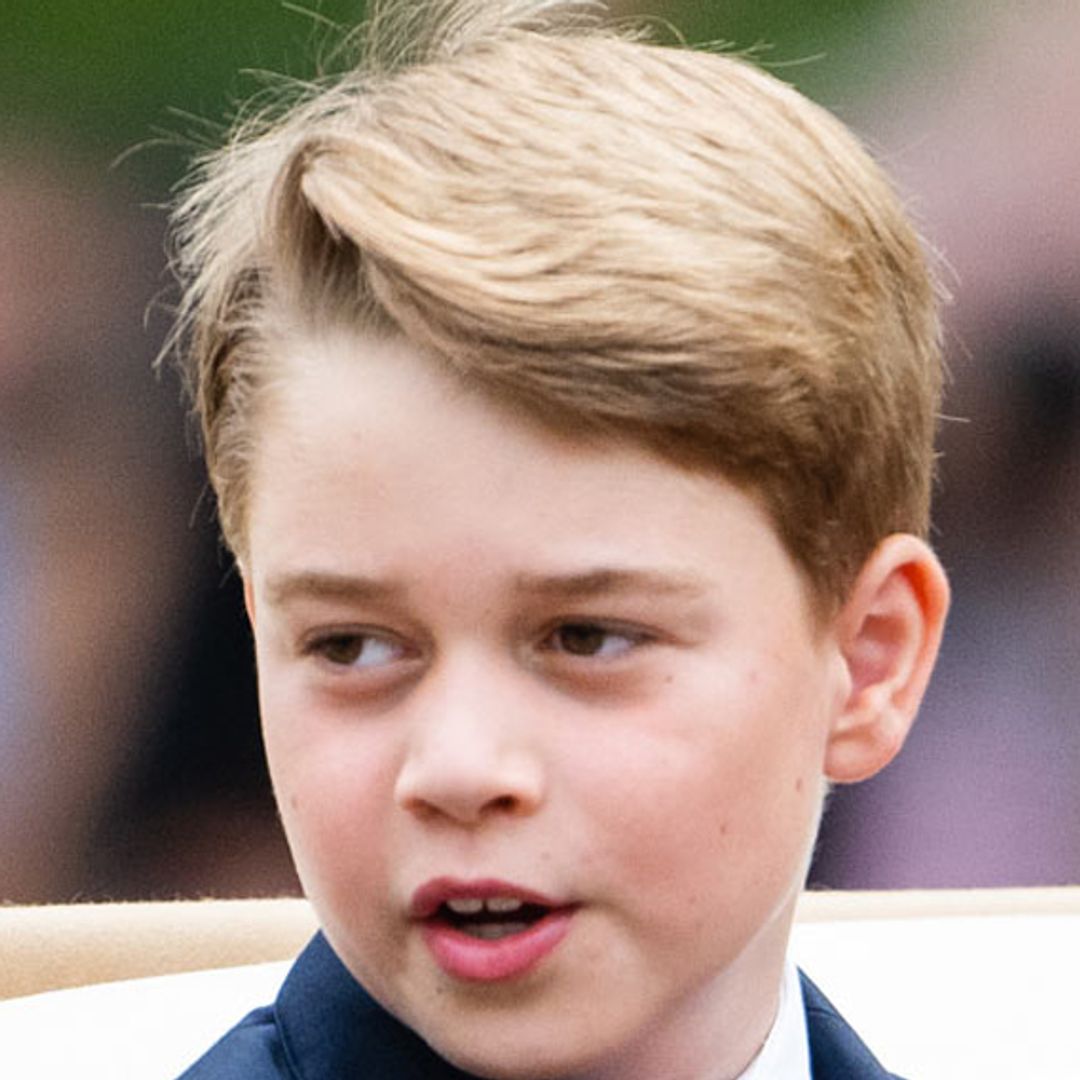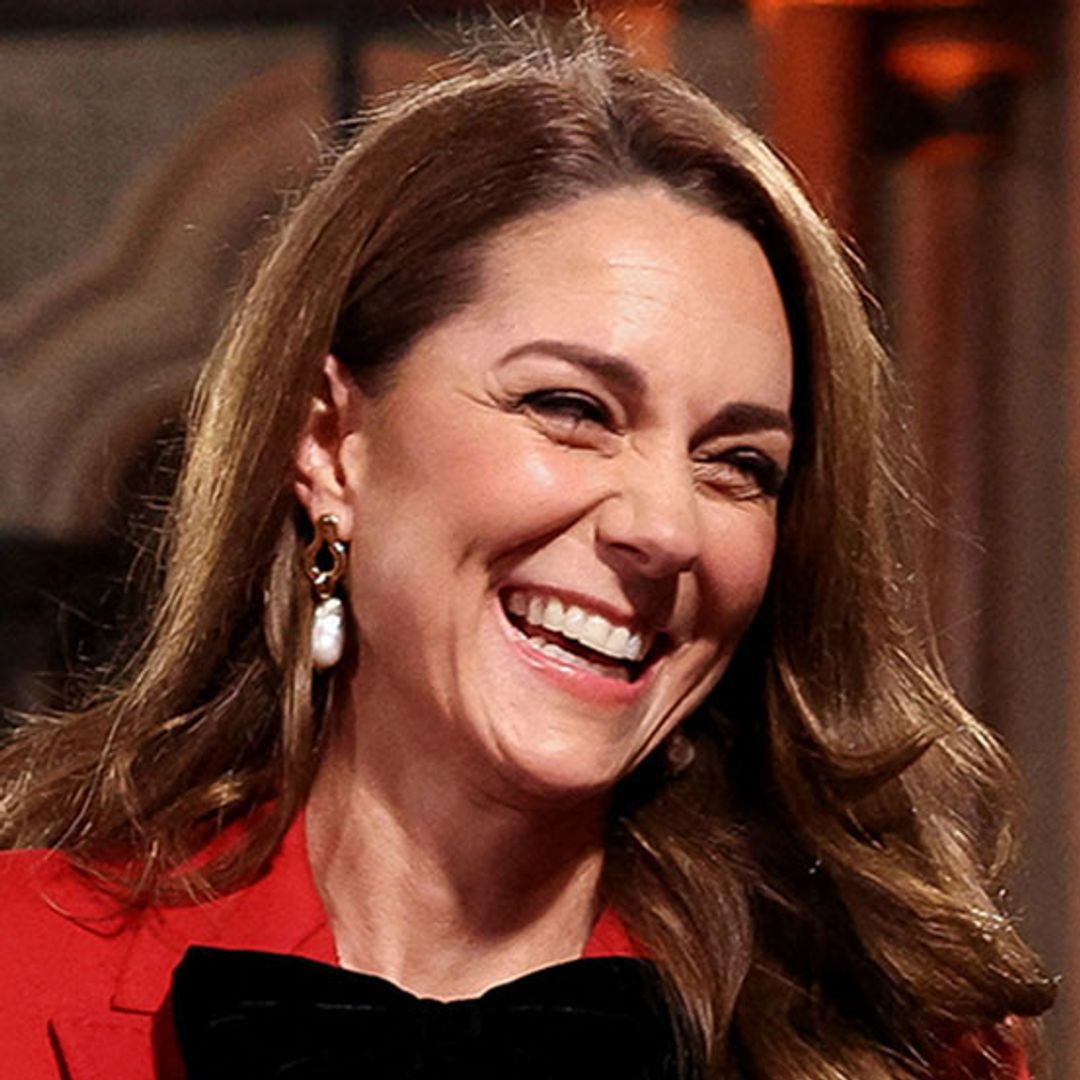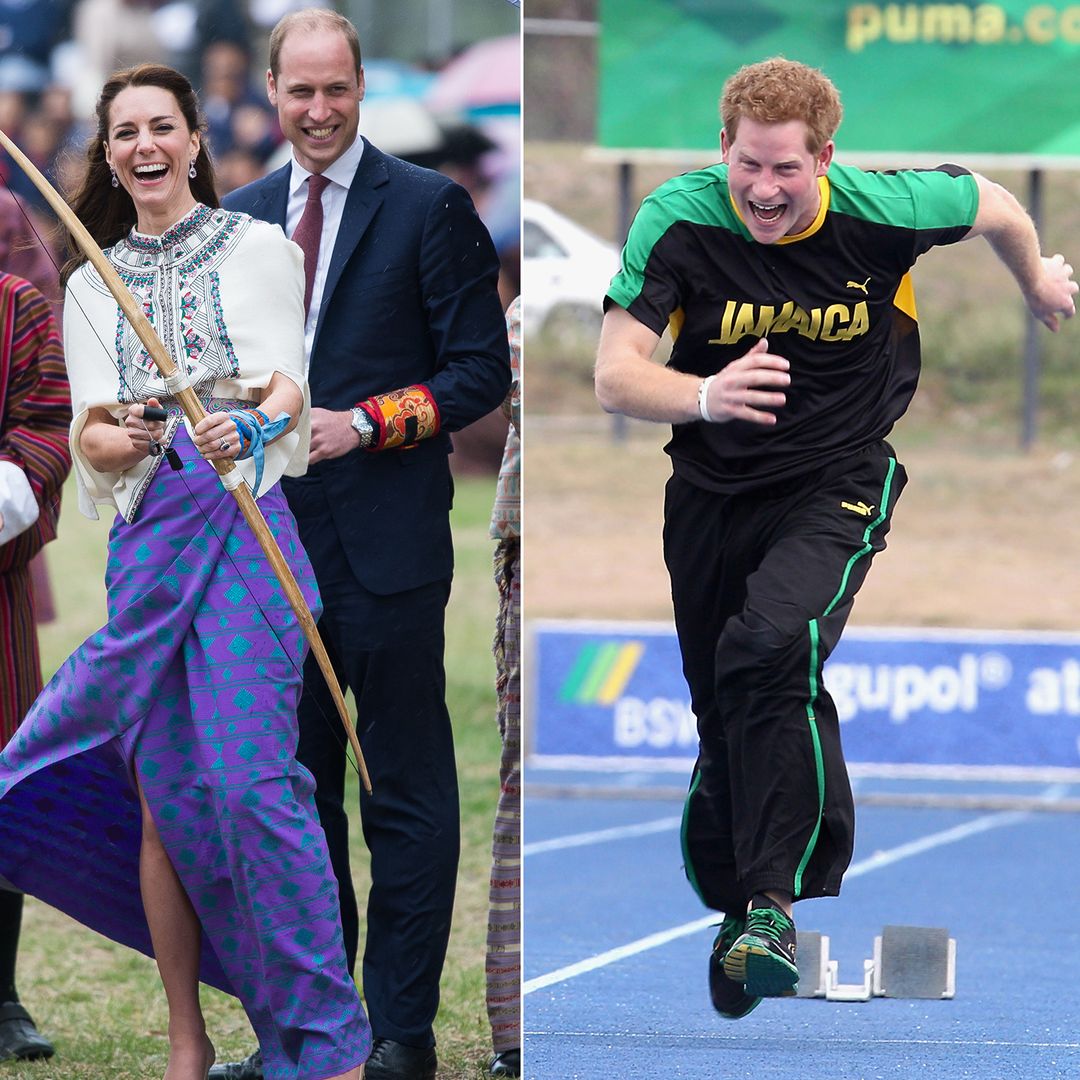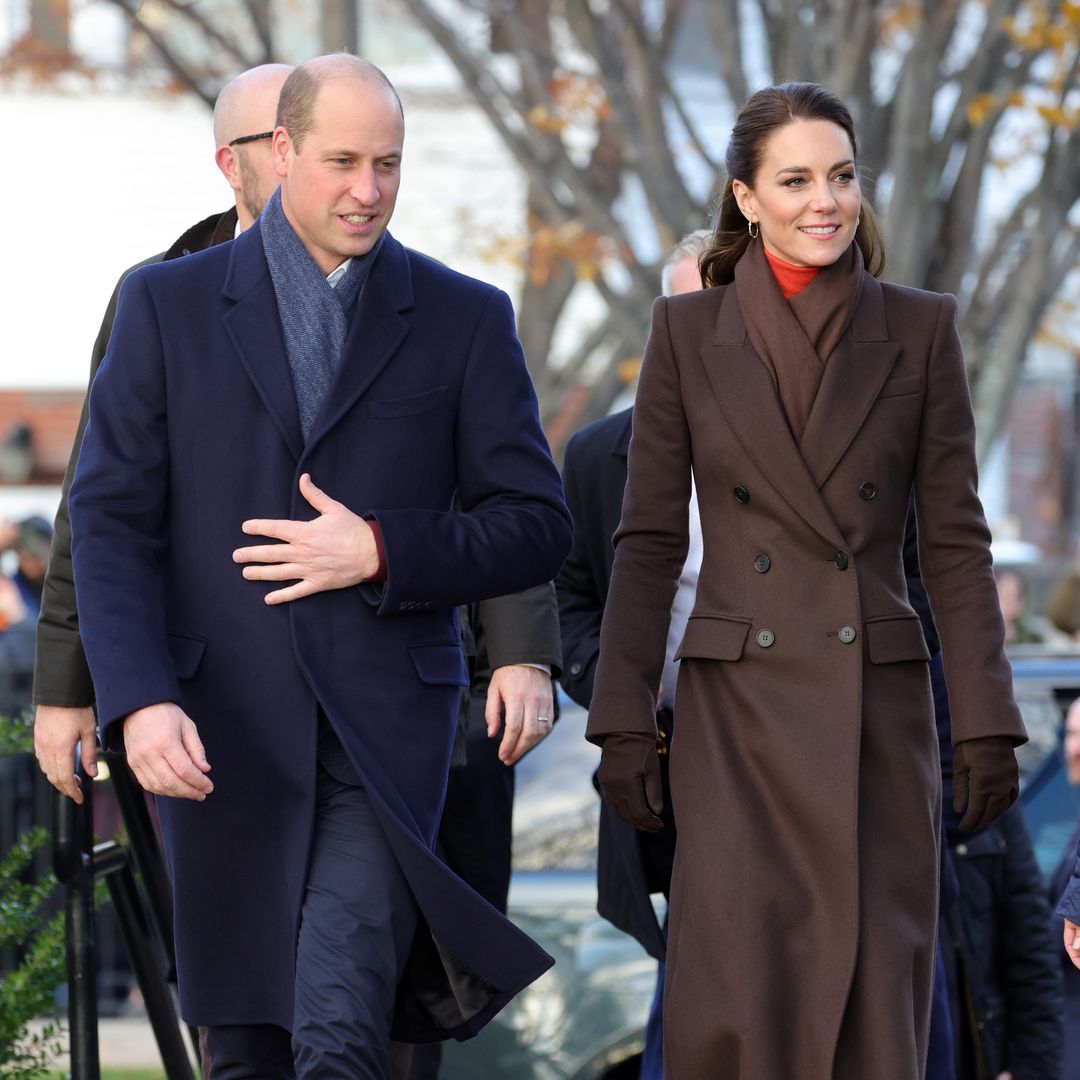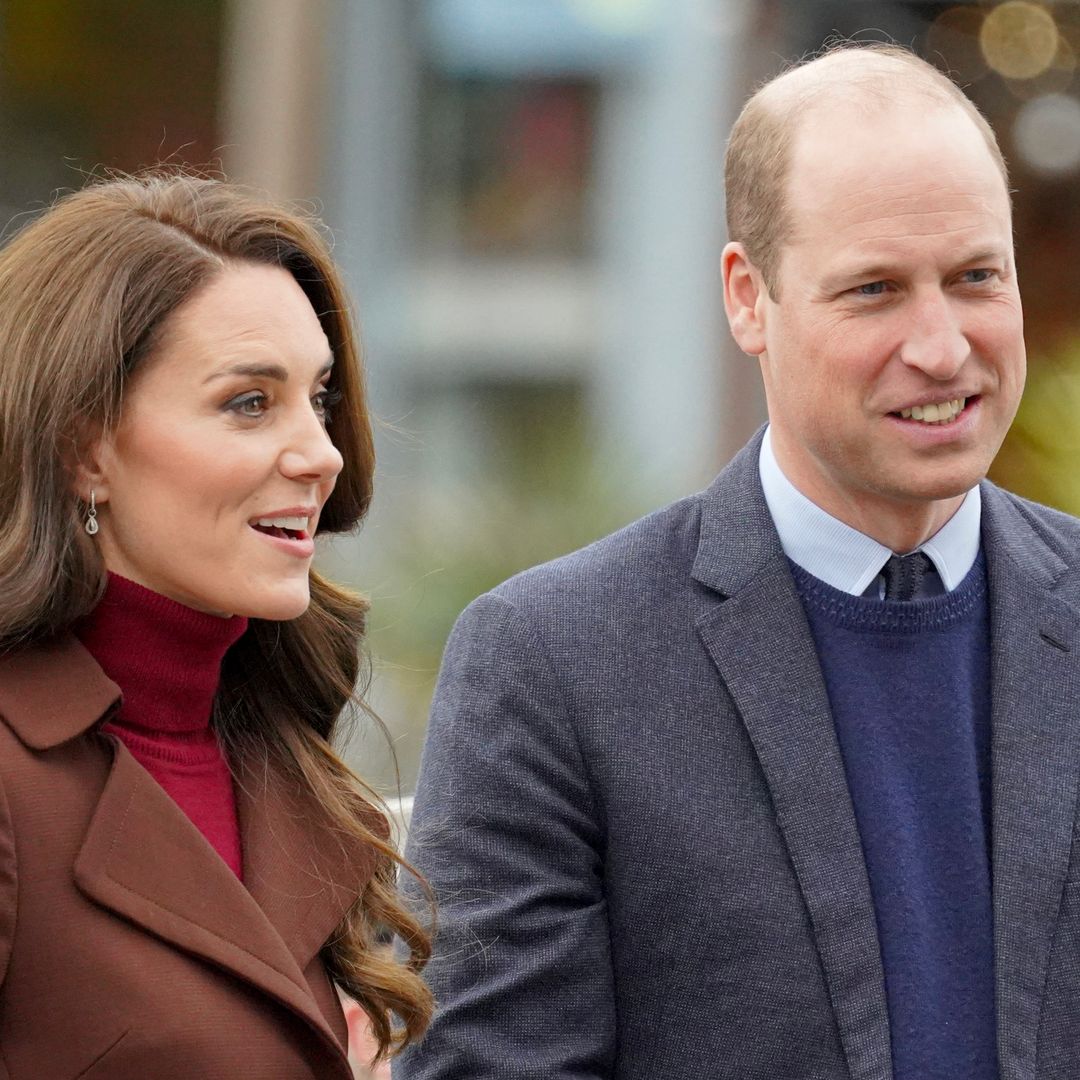Prince George Alexander Louis, the son of Prince William and Kate Middleton, will in due course become the United Kingdom's seventh King George.
HELLO! Online takes a look at the royal predecessors who share his name:
George IIIKing George I(1660 -1727)
The first King George was born George Louis in Hanover, Germany, on 28 May 1660. After the death of his cousin Queen Anne of Great Britain and Ireland in 1714, he ascended to her throne, becoming this country's first monarch of the House of Hanover.
He married his cousin Sophia, with whom he had two children, but divorced her for alleged infidelity and imprisoned her in a castle.
George, who became, was largely unpopular due to his inability to speak English, the greed of his mistresses and the treatment of his wife. He died in 1727.
King George II (1683 -1760)
Son of the aforementioned King, George Augustus was born on 20 October 1683. He had a difficult relationship with his father, as he was upset by the fate of his mother. King George I excluded his son from public ceremonies, but after his father died in 1727, George Augustus took to the throne and set about changing many of his father’s policies.
George VKing George III (1738 – 1820)
The grandson of King George II, and born in 1738, the third King George reigned for longer than any previous British monarch. He was the first monarch from the House of Hanover to be born in Britain, and his reign saw a series of military conflicts, including the defeat of Napoleon in the Battle of Waterloo.
George II suffered with mental illness towards the end of his life and was the inspiration for the 1994 film The Madness of King George.King George IV (1762-1830)
He had one child with his wife Caroline of Brunswick, later Queen Caroline, but they separated shortly after their daughter Charlotte was born. He even forbade Caroline from attending his coronation.
He lived a life of excess and by the 1820s was addicted to both alcohol and laudanum. He also started showing signs of insanity.
He was known for his extravagant lifestyle, and influence on Regency era style. George IV commissioned John Nash to build the Royal Pavilion in Brighton and remodel Buckingham Palace.
George served as Prince Regent during his father’s final mental illness, so when he took to the throne following George III’s death in 1820, there was no significant change in his powers.
George VIKing George V (1865 -1936)
The grandson of Queen Victoria and Prince Albert, and son of King Edward VII, George was born on 3 June 1865. He married Princess Victoria Mary of Teck, who was known as May, on 6 July 1893.May, his second cousin one removed, had previously been engaged to George’s elder brother Albert, who died from pneumonia in 1891.He changed the family surname during World War I to the British-sounding Windsor. It was hitherto Saxe-Coburg-Gotha after his grandfather, Albert originally a German Prince. He died in 1936 and was succeeded by son Edward, who abdicated within the year.
King George VI (1895 -1952)
His first name was officially Albert and he was known as Bertie.He chose to use his fourth name – George – as monarch in honour of his father George V and to give an impression of stability after the scandalous abdication of his brother.Much loved for his leadership during World War II, he has become well-known to the younger generation because of the film The King's Speech about his struggle with a stammer.In 1947, he became the first monarch to go on tour with his family, visiting South Africa with the young Princesses Elizabeth and Margaret. He died in his sleep aged 56 in 1952, leaving the Queen, then 25, heartbroken.

